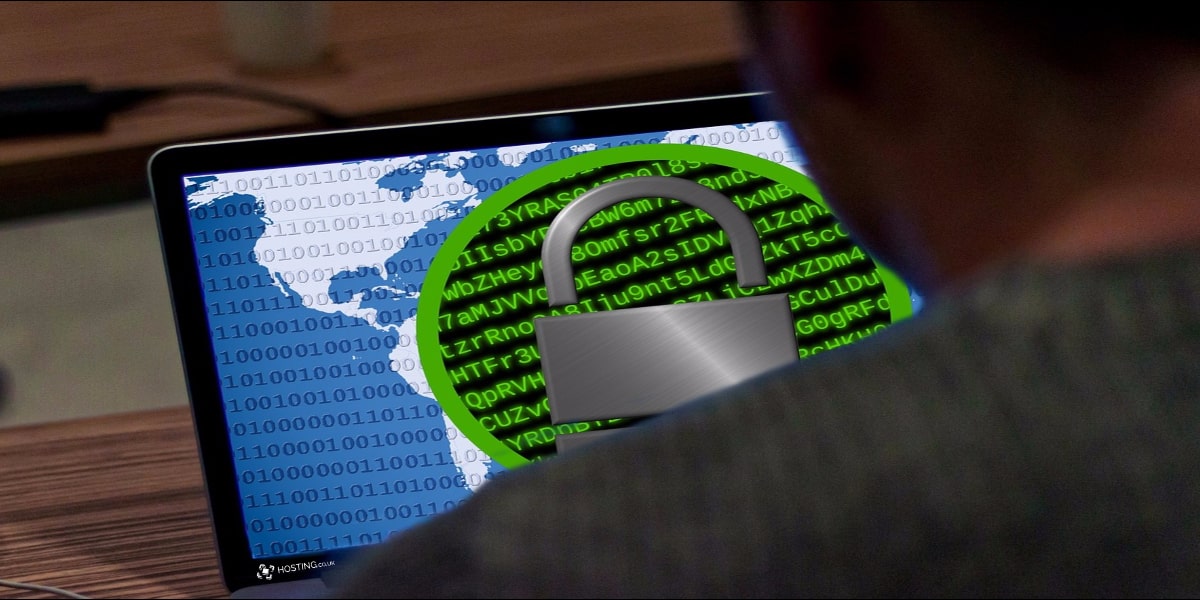Table of Contents
Ransomware: What a Business Needs to Know
It sounds nonsensical to pay a ransom for data you already own — data that a has locked on your server because of a ransomware attack or another type of hacker activity — this is a common theme now, and happens on daily basis and any one of us can be a target.
With news stories awash on the internet about ransomware and hackers, without scaremongering. These threats are real, so makes sense to understand the what, why, when, where, and who is doing this. What plan of action can the everyday business actively take to avoid being attacked and infected. At hosting.co.uk we are improving our product range for our client base and specifically have a backup product to help businesses to potentially not lose their data, we asked our Data Security Team, to answer a few questions about ransomware.
What is Ransomware?
Ransomware is a type of malicious software from cryptovirology that blocks access to the victim’s data, such as photographs, documents or music, or a threat to publish it until a ransom is paid.
How does ransomware spread? Two main points
- Email: A recipient receives an email and is asked to download a file or click on a hyperlink. Usually in a fake invoice or fake software update. It could be a link to a fake picture. Clicking on the link or downloading the file activates the ransomware.
- System vulnerability: A malicious network packet is sent to the vulnerable system, from either your internal network or from outside (the internet).
How to protect your business from ransomware?
The reality is, we are human, and when not paying attention we can easily click or download something malicious unintentionally, so having the best anti-virus software it will be only as good as the latest known thread — and that’s how data breaches like this keep happening. Here is some basic advice taken from ActionFraud UK to help counter any potential attacks.
- Install system and application updates on all devices as soon as they become available.
- Install anti-virus software on all devices and keep it updated.
- Create regular backups of your important files to a device that isn’t left connected to your network as any malware infection could spread to that too.
- Be proactive and educate/train your team about how ransomware spreads.
How can hosting.co.uk help businesses protect their server and data?
Because new types of malware in general ransomware are continuously created by hackers, deploying a good backup and recovery solution is the best form of protection. Hosting.co.uk offers automated and secure backup solutions for the most critical business data, such as website files and databases, server data and email. These are the most common types of backup. The data is saved and encrypted in the cloud (separate and secure offsite location) and businesses can recover their data quickly in the event they ever need to. Hopefully you will never need it.
